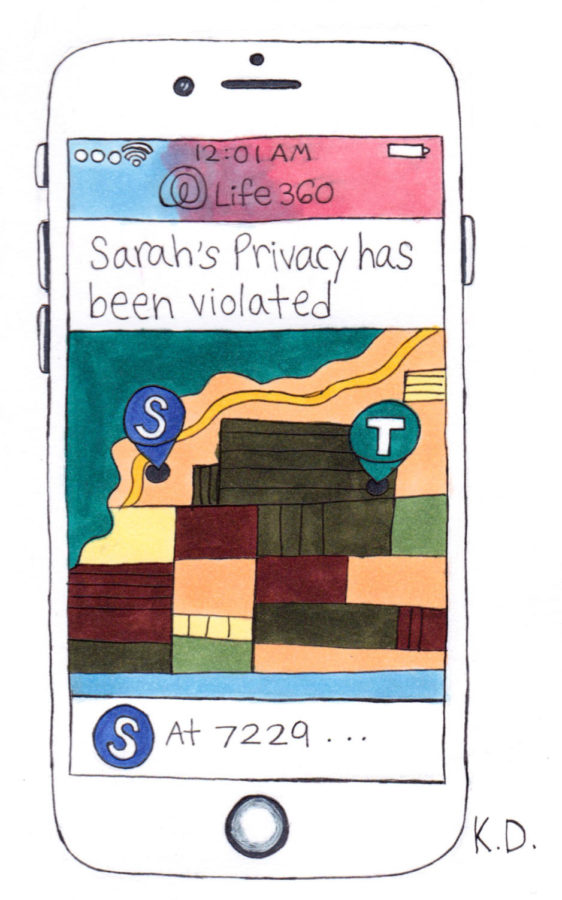 A popular example that comes to mind when people think of propaganda is the harmful Nazi sort that served to dissuade revolt, this was accomplished through fostering a dangerous sense of nationalism in the German people. Conversely, an American equivalent, and one with less malicious intent, is Rosie the Riveter. While Nazi propaganda sought to run a campaign on the intense emotions of fear and pride, the purpose behind Rosie was to work as a symbol for the women joining the workforce during World War II as a means of stimulating economic growth. While each example could be said to have ulterior motives behind their messages, each's use of propaganda was, at its core, a tool of persuasion.
A popular example that comes to mind when people think of propaganda is the harmful Nazi sort that served to dissuade revolt, this was accomplished through fostering a dangerous sense of nationalism in the German people. Conversely, an American equivalent, and one with less malicious intent, is Rosie the Riveter. While Nazi propaganda sought to run a campaign on the intense emotions of fear and pride, the purpose behind Rosie was to work as a symbol for the women joining the workforce during World War II as a means of stimulating economic growth. While each example could be said to have ulterior motives behind their messages, each's use of propaganda was, at its core, a tool of persuasion.
Aside from any major historical examples of propaganda, you may notice that propaganda presents itself to you in your daily life. From the commercials we hear through the radio on our commutes to work, to the advertisements we scroll pass on Instagram, and any piece of media remotely political, we experience some form of propaganda, however minor. There is no definite way to prevent its influence over us, as propaganda is omnipresent throughout our society and operates anywhere in the range of subliminal messaging, to brazen statements of opinion. On a base level, propaganda can be very political, or of ordinary social concern, but the important takeaway is to always be aware of who is providing the information, and what the underlying goal of the message is.

Sources:




